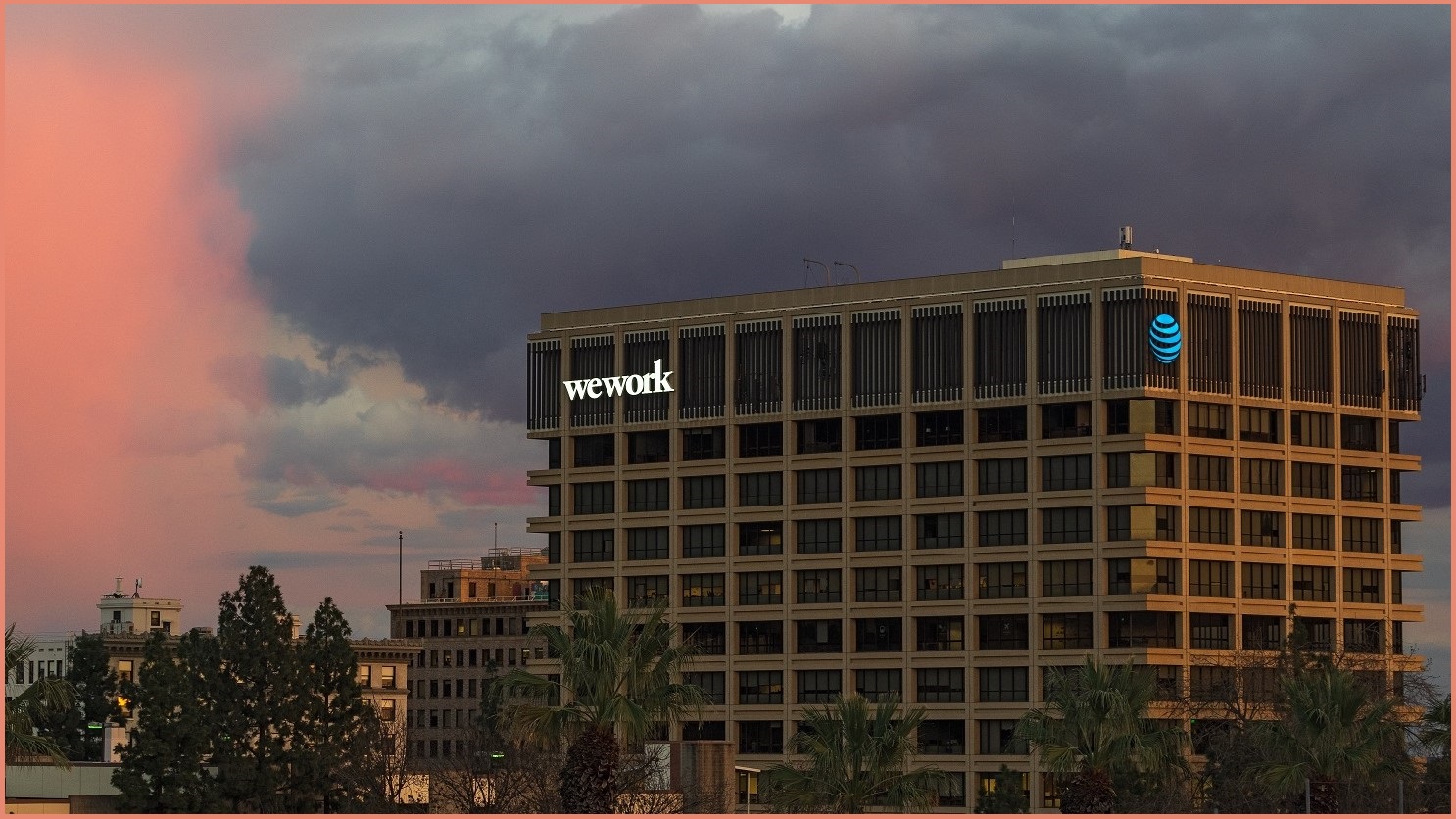WeWork has officially cancelled its plans for a public listing in the US after a tumultuous month for the tech co-working space giant.
The company, which rents offices to use as co-working spaces, filed its initial public offering last month.
But the disclosure of financial details led to a series of concerns about losses and corporate governance, cumulating with the ousting of WeWork’s chief executive and public figurehead Adam Neumann last week.
There had also been concerns about WeWork’s culture and a series of deals made by Neumann with his own company. When announcing his resignation, Neumann admitted the intense scrutiny over his role had been a “significant distraction” and it was in the “best interests” of the company for him to stand aside.
WeWork’s parent company, The We Company, had been planning a massive public listing after the firm was valued at $US47 billion earlier this year.
But after filing its IPO, which revealed the company had lost nearly $US2 billion in the last financial year, this valuation was reportedly slashed to as low as $US10 billion.
Following weeks of financial scrutiny and controversies, the company has now officially scrapped plans for the public listing, for the time being at least.
“We have decided to postpone our IPO to focus on our core business, the fundamentals of which remain strong,” WeWork’s new co-chief executives Artie Minson and Sebastian Gunninham said in a joint statement.
“We have every intention to operate WeWork as a public company and look forward to revisiting the public equity markets in the future.”
The company had planned to embark on an investor roadshow earlier this month, but put this on hold while the controversies piled up.
It signals a remarkable fall from grace for the company, which was once the most valuable start-up in America.
Without the cash injection of the public listing, WeWork is now likely to embark on a cost-cutting mission, including thousands of prospective job cuts and other measures, including the selling of the company’s $US60 million jet.
WeWork’s IPO filing revealed the company had losses of $US3 billion over the last three years, with spending of $US1.3 billion in 2018.
It also disclosed a number of strange deals with Neumann, including the chief executive renting his own buildings to WeWork, securing loans from the company and paying himself for the naming rights after changing its title to The We Company.
WeWork launched in 2010 at a single office in New York, and now has more than 500 locations in 29 countries, including Australia.
The company rents out offices as co-working spaces and has the lofty mission to “elevate the world’s consciousness”.










